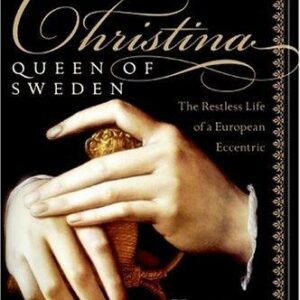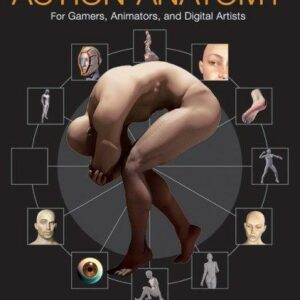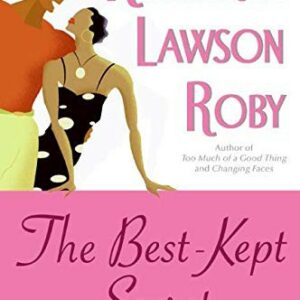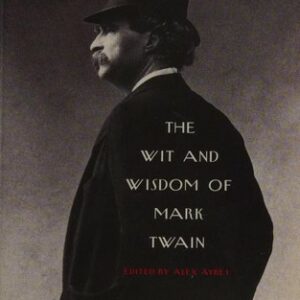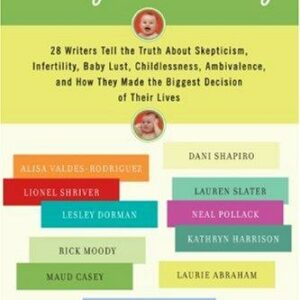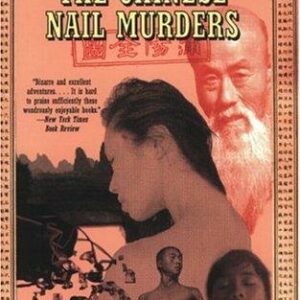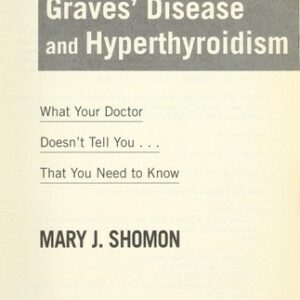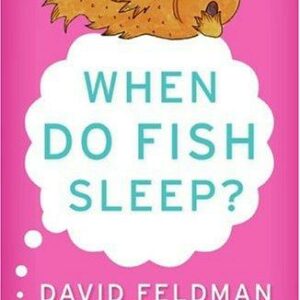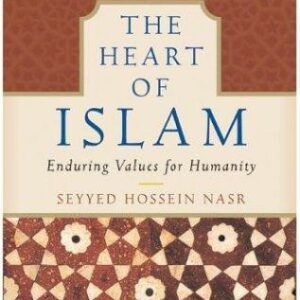The Essays
$20.00
| Title | Range | Discount |
|---|---|---|
| Trade Discount | 5 + | 25% |
- Description
- Additional information
Description
The genius of Francis Bacon is nowhere better revealed than in his essays.
Bacon’s education was grounded in the classical texts of ancient Greece and Rome, but he brought vividness and color to the arid scholasticism of medieval book-learning. Whatever their subject, whether it is something as personal as “Friendship” or as abstract as “Truth,” the essays combine a mixture of rhetoric and philosophy; and are perhaps the most complete and rounded examples of Bacon’s literary style.
Rather than merely summarizing popular philosophy or producing glib expositions of correct conduct, Bacon attempted to change the shape of the other men’s minds. He believed rhetoric, as the force eloquence and persuasion, could incline the mind towards the pure light of reason.Principal Dates in Bacon’s Life
Introduction
A Note on the Text and Annotation
Further Reading
THE ESSAYSAPPENDICESThe Essays: Fragments, Versions and Parallels
1. Writing the Essays
2. Counsels for the Prince
3. The Wisdom of the Ancients
4. Idols of the Mind
5. A Poetical EssayFrancis Bacon, philosopher, essayist, lawyer and statesman, was born in London in 1561. He studied at Cambridge and was enrolled at Gray’s Inn in 1576. In 1584 he entered Parliament as the member for Melcombe Regis, subsequently representing other constituencies. Bacon made the acquaintance of the Earl of Essex, who endeavored to advance him in his career. Nevertheless, having been appointed to investigate the causes of Essex’s revolt in 1601, Bacon was largely responsible for the earl’s conviction. Bacon was appointed Solicitor-General in 1607 and was successively Attorney-General (1613), Lord Keeper (1617) and Lord Chancellor (1618). He was created Baron Verulam in 1618 and Viscount St. Albans in 1621. Later in that year he was charged with bribery and confessed that he had been guilty of ‘corruption and neglect’ but denied that he had ever perverted justice. He was deprived of the Great Seal, fined, imprisoned in the Tower and disabled from sitting in Parliament. Following his release, he retired to the family home at Gorhambury, Hertfordshire, and his remaining years were spent in literary and philosophical work. It was Bacon’s ambition to create a new system of philosophy to replace that of Aristotle, and he has been justly acclaimed as an inspiration to later scientists, rationalists and materialists. Of his philosophical works, the principal and best known are The Advancement of Learning, Novum Organum and De Augmentis. He also wrote several professional works including Maxims of the Law and Reading on the Statue of Uses. Of his literary writings the most important are the Essays (1597; issued in final form in 1625), De Sapientia Veterum, Apophthegms New and Old and a History of Henry VII. Francis Bacon died in 1626GB
Additional information
| Weight | 7.8 oz |
|---|---|
| Dimensions | 0.6800 × 5.1000 × 7.8000 in |
| Imprint | |
| Format | |
| ISBN-13 | |
| Author | |
| Audience | |
| BISAC | |
| Subjects | literary criticism, british history, Francis Bacon, essays, gifts for readers, english literature, LCO009000, book lover, short story anthology, book lovers gifts, classic literature, reference, book gifts, long story short, book lover gifts, short story collections, essay writing, short stories collections, philosophy books, british gifts, PHI037000, Sociology, england, historical, culture, writing, renaissance, biography, classic, society, school, philosophy, book lovers, short stories, art, anthology, collection, ideas, essay, enlightenment, victorian |


